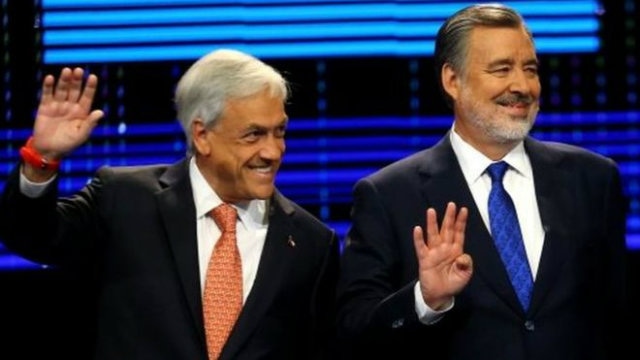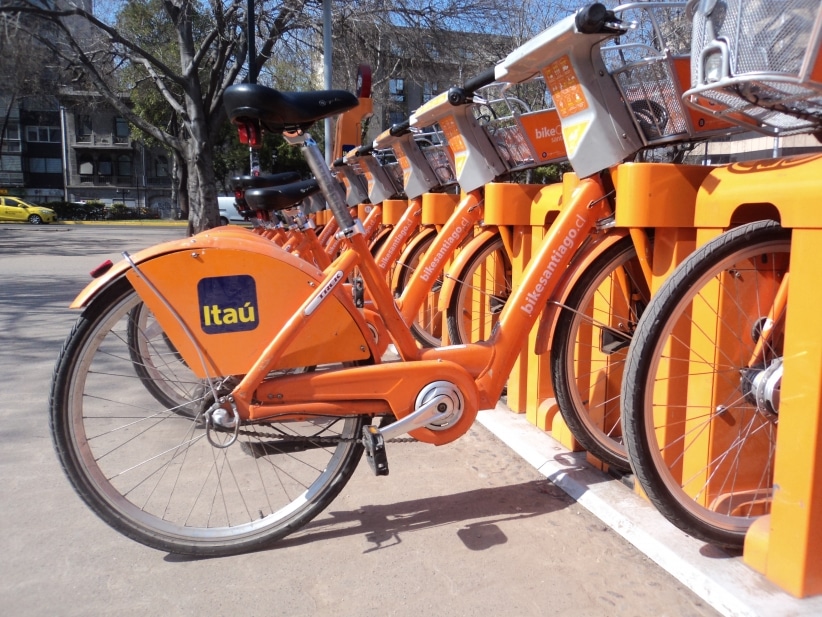
Isabel Cocker/The Santiago Times Staff
SANTIAGO – The biggest political polling institute in Chile, Cadem has published its first post-election study, which measured the likely results of the second round of the presidential election happening on the 17th December.
According to the results, Sebastián Piñera obtained 39.8% of mentions and Alejandro Guillier followed close behind with 37.3%. 22.9% responded as “don’t know”, “won’t vote”, or left the question blank.
The survey was carried out with 1442 participants spread across 137 communes in the 15 regions of the country. It was the first in a series of weekly polls which will be released by Cadem in the weeks leading up to the final election.
(VIDEO) Who will be Chile’s next President: Conservative Piñera or Socialist Guillier?
Cadem and other polling institutes came under fire after the first round of elections for failing to properly predict the results. All of the institutes had predicted stronger support for Piñera and failed to account for the draw of Beatriz Sánchez, meaning that the result was a shock for the Chilean population.
However, Cadem wrote on their website that they have not made any changes to their polling methods for this survey, stating that “given that the second round is coming in a few days and Servel [the government elections agency] will only be publishing the voter profile after the elections, we do not have either the time or sufficient information to apply the necessary corrections to our model.”
ANALYSIS: What can we expect from the second round of the elections in Chile?
Nevertheless, the polling agency published the results with a series of justifications which they say people should take into account when considering the results of their poll. These include an indicator which suggests that 70% of those surveyed said that they had participated in the election on Sunday, whereas the total figure in the population was only 47%.
The figures also state that 67% of people have confirmed that they will vote in the second round of elections, and that 62% said they are “very interested” or “fairly interested” in the election.



